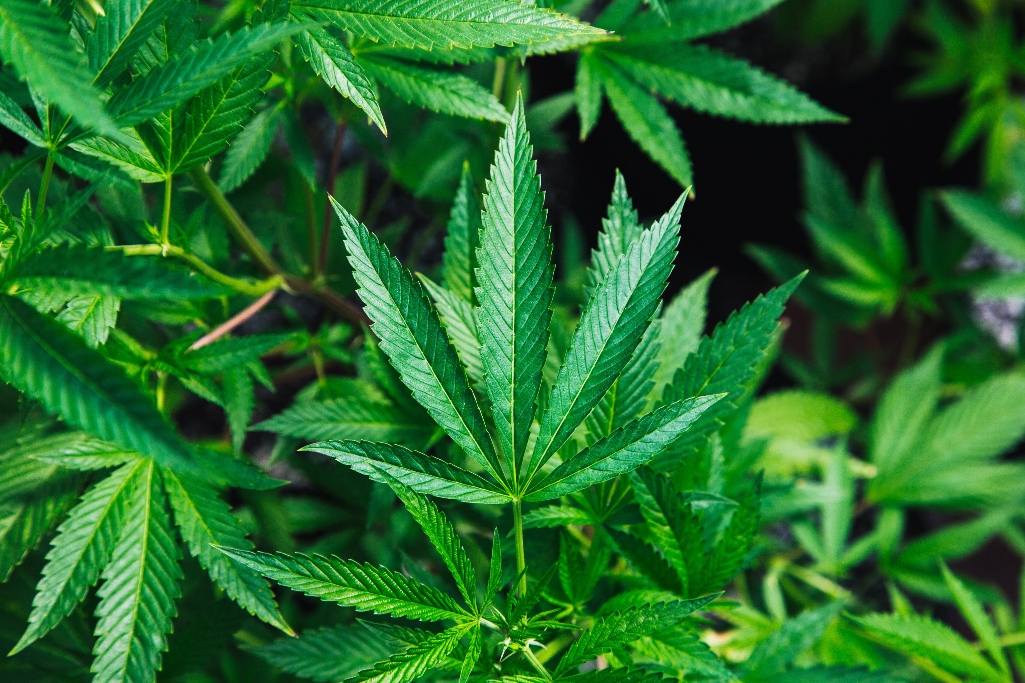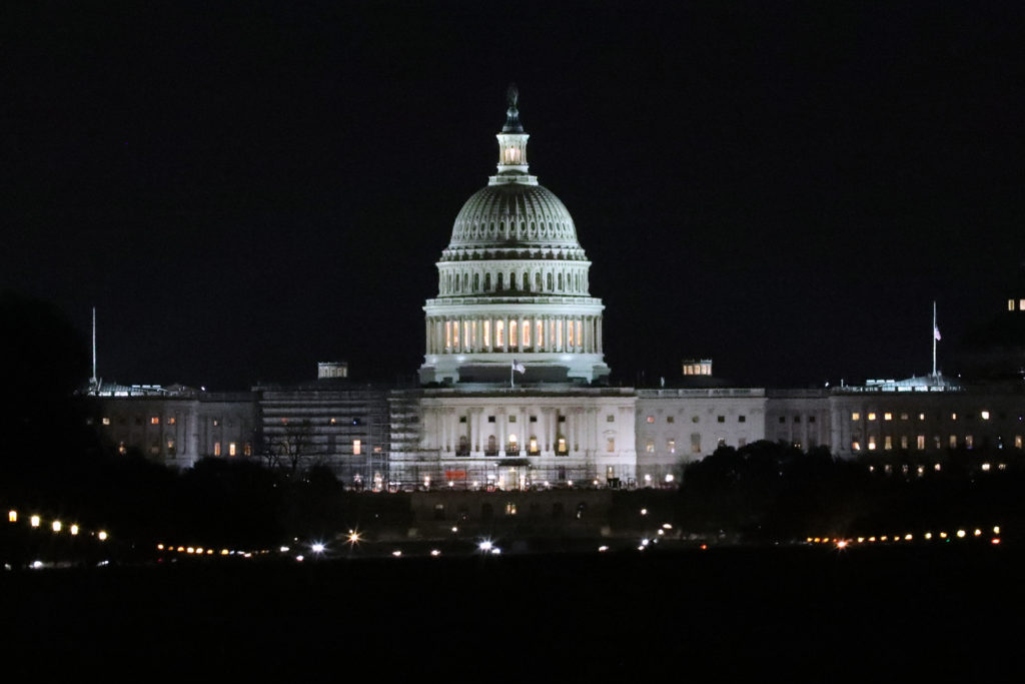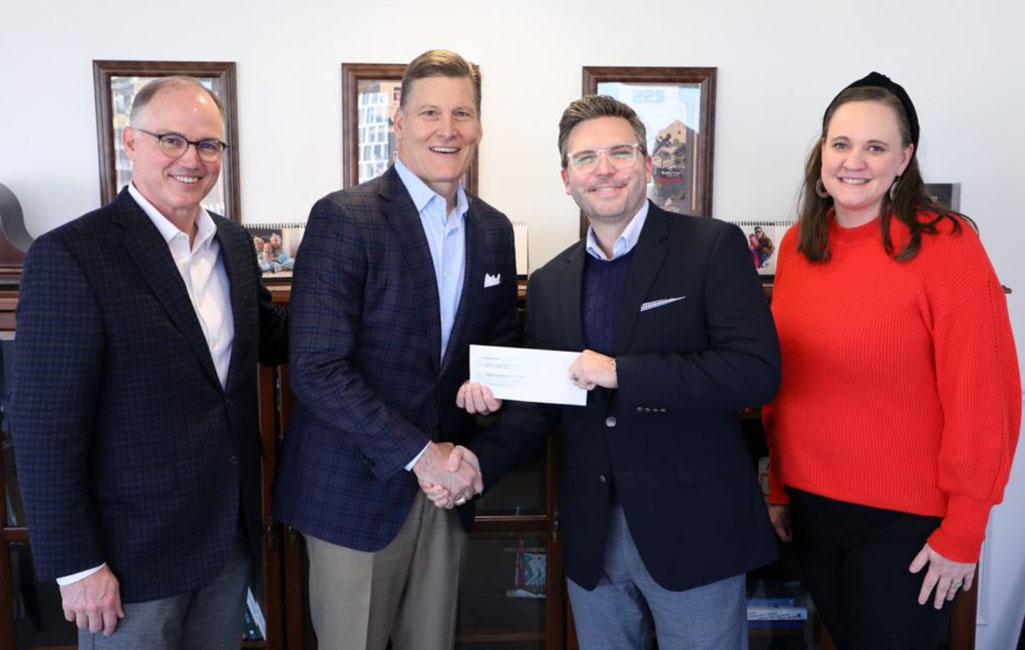
NASHVILLE (BP) — The Ethics & Religious Liberty Commission (ERLC) is urging the Drug Enforcement Administration (DEA) to retain marijuana’s classification as a Schedule I substance under the Controlled Substance Act (CSA). Schedule I is the designation meant for the most dangerous substances.
The ERLC filed public comments with the DEA on Monday (July 22) voicing its opposition to a proposed rule which would reschedule marijuana to be a Schedule III substance. The Justice Department announced its submission of the proposed regulation on May 16.
The DEA defines Schedule III substances as “drugs with a moderate to low potential for physical and psychological dependence.” Examples include ketamine, anabolic steroids and testosterone.
Schedule I substances include heroin, lysergic acid diethylamide (LSD) and 3,4-methylenedioxymethamphetamine (ecstasy).
ERLC President Brent Leatherwood appealed to Southern Baptists’ historical stance against drugs such as marijuana in the entity’s comments opposing its rescheduling.
“I am writing to convey the perspective of Southern Baptists with regards to marijuana and its impact on our society, specifically in response to the news of this potential reclassification,” Leatherwood wrote in the letter.
“Southern Baptists have historically objected to marijuana usage due to a combination of legal and moral concerns, stretching back 50 years to the Southern Baptist Convention’s (SBC) Resolution on Alcohol and Other Drugs from 1973,” he wrote.
“In this resolution, Southern Baptists expressed a desire to ‘restrain commercial promotion’ of harmful and addictive drugs, including marijuana. The ERLC is deeply concerned about the rescheduling of marijuana as the use of marijuana generally harms public health and undermines a well-functioning society.”
Leatherwood went on to list the dangerous nature of the drug.
“It has been well documented that marijuana has substantial health hazards associated with usage,” he wrote.
“The National Institute on Drug Abuse has highlighted several adverse effects such as impairment in learning, memory, and attention. The drug is also more addictive than is assumed, with an estimated 10% of users becoming addicted. The addictive nature of marijuana is not a question, but a reality.”
He further stated that despite some states’ efforts to legalize marijuana, it remains illegal nationwide.
“Though many states have taken various steps toward decriminalizing marijuana, the Department of Justice has stated that refusal by states to enforce the law does not negate the legal reality of the law; marijuana is still illegal,” Leatherwood wrote. “The attempt to relegate marijuana to a Schedule III status does not change the legal status of this drug, but it may make enforcement of federal law less likely.”
The origins of the proposed regulation to reclassify marijuana date back to 2022. The Biden Administration released a briefing Oct. 6 outlining several steps it wished to take regarding the drug including:
- Pardoning of all prior federal offenses of simple possession of marijuana.
- Urging all governors to do the same with regard to state offenses.
- Asking the Secretary of Health and Human Services and the Attorney General to initiate the process to review how marijuana is scheduled under federal law.
The third step prompted a “scientific review” by the Department of Health and Human Services (HHS) which led to a recommendation to reclassify the drug. This recommendation would later help produce the current proposed regulation.
An administrative hearing about the proposed regulation will be held now that the period for filing public comments ended earlier this week.
Even before filing this week’s public comments, the ERLC sent a letter to the DEA last fall in response to the recommendation of the HHS and the FDA.
Now with the proposed regulation moving forward, Leatherwood wrote in the recent comments that it would still be a mistake to change marijuana’s long-standing classification because of its addictive nature, arguing that conversations over the drug’s medical benefits are not valid.
“The FDA and DEA have recognized this reality (the drug’s addictive nature) for the past 50 years, designating marijuana as a Schedule I illicit drug, meaning that the likelihood of abuse and addiction to this illicit drug is severe, and there are no perceived medicinal benefits,” Leatherwood wrote.
“Reclassification from a Schedule I to a Schedule III status retains the illegal nature of this drug, but removes the emphasis on the addictive nature. However, marijuana remains a highly addictive substance, and the FDA has never approved a marketing application for marijuana for the treatment of any disease or condition.
“Supporters of loosening restrictions argue that there are valid medical reasons for reclassifying marijuana from a Schedule I to Schedule III drug under the Controlled Substance Act. But such a shift is unnecessary since there are already legal and regulated medications available to address the medical conditions that proponents argue marijuana can alleviate.”
Leatherwood concluded that protecting people from harmful drugs and substances is a strong value for Southern Baptists.
“Southern Baptists believe that all life is precious and worthy of protection, and our pro-life views extend beyond the womb to all areas of life, including family and community relationships,” Leatherwood said.
“As the drug abuse epidemic in our nation continues to spread, the ERLC remains committed to combating this growing problem. Signaling that marijuana is not a dangerous substance will only serve to further ensnare these families, rather than helping to alleviate the destructive effects of the drug abuse crisis.
“For the sake of our most vulnerable neighbors, we must continue to educate the American public that marijuana use is dangerous, destructive, and addictive. Anything short of a Schedule I categorization for marijuana is a failure in the government’s duty to protect its citizens.”
The ERLC published an explainer about these public comments here.
(EDITOR’S NOTE — Timothy Cockes is a writer in Nashville.)


